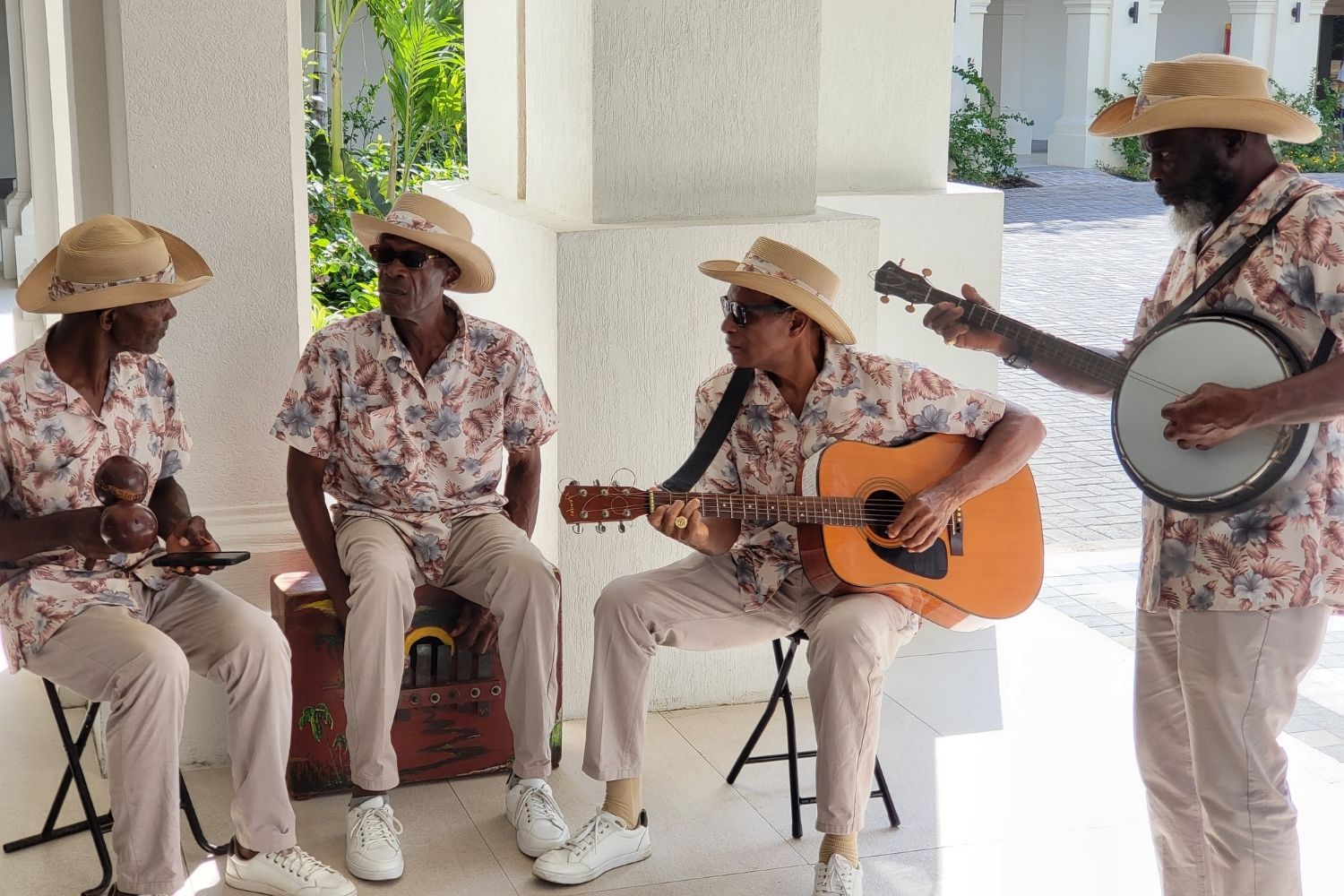Jamaican Patois Words To Know Before You Visit Montego Bay

Planning a trip to Montego Bay? Knowing some Jamaican Patois words can make your visit more enjoyable. This vibrant language, a mix of English and African influences, reflects the island's rich culture. Imagine chatting with locals, understanding street signs, or even ordering food with ease. Words like "Wah gwaan?" (What's going on?) or "Irie" (Everything is good) can help you connect better with the people you meet. Learning these phrases shows respect for the local culture and can lead to more authentic experiences. Ready to dive into the world of Jamaican Patois? Let’s get started!
Why Learn Jamaican Patois?
Visiting Montego Bay? Knowing some Jamaican Patois can make your trip more enjoyable. This unique dialect blends English with African, Spanish, and other influences. It’s colorful, expressive, and a big part of local culture. Here are some key words to get you started.
Greetings and Common Phrases
Understanding basic greetings helps break the ice with locals. Here are some essential phrases:
- Wah Gwaan: This means "What's going on?" or "How are you?" It's a friendly way to start a conversation.
- Mi Deh Yah: Respond with this to say "I'm here" or "I'm doing well."
- Irie: This word means "everything is alright" or "feeling good." Use it to express contentment.
Food and Drink Terms
Montego Bay offers delicious cuisine. Knowing these terms can enhance your dining experience:
- Nyam: This means "to eat." You might hear someone say, "Mi a go nyam some food."
- Jerk: Refers to a style of cooking, usually with spicy seasoning. Try jerk chicken or pork.
- Ital: Food prepared without meat, often associated with Rastafarian culture. Ital stew is a must-try.
Directions and Transportation
Getting around Montego Bay is easier with these terms:
- Likkle More: This means "see you later." Use it when parting ways.
- Passa Passa: Refers to a big street party or event. Ask locals about upcoming Passa Passa.
- Ziggy: A term for a taxi. You might hear, "Mi need a ziggy to go to the beach."
Compliments and Expressions
Compliments and expressions add flavor to conversations. Here are a few:
- Big Up: This means "respect" or "props." Use it to compliment someone.
- Bless Up: A way to say "stay blessed" or "take care."
- No Problem, Mon: A reassuring phrase meaning "no worries."
Shopping and Bargaining
Shopping in local markets? These terms can help:
- Brawta: This means "a little extra." Ask for brawta when buying fruits or souvenirs.
- Fi Mi: Means "mine" or "belongs to me." Useful when claiming your purchase.
- How Much Fi Dis?: Ask this to find out the price of an item.
Slang and Fun Words
For a bit of fun, learn these slang terms:
- Gyal: Means "girl." You might hear it in music or casual conversation.
- Bredren: Refers to a close male friend. Use it to show camaraderie.
- Pickney: Means "child." Useful if you're talking about kids.
Understanding Jamaican Culture
Knowing these words helps you connect with Jamaican culture. It shows respect and interest in local traditions. Enjoy your time in Montego Bay, and don’t be afraid to use your new vocabulary!
Embracing Jamaican Patois
Learning Jamaican Patois before visiting Montego Bay can make your trip more enjoyable. Simple phrases like "Wah gwaan?" (What's going on?) or "Irie" (Everything is good) can help you connect with locals. Understanding words like "likkle" (little) and "nyam" (eat) can make everyday interactions smoother.
Locals appreciate when visitors make an effort to speak their language. It shows respect and can lead to more authentic experiences. Plus, it’s fun to learn and use new words.
Before you go, practice a few phrases. You’ll find that even a basic understanding of Patois can enhance your trip. It’s not just about communication; it’s about immersing yourself in the culture. So, get ready to enjoy Montego Bay with a bit of Patois in your pocket.

